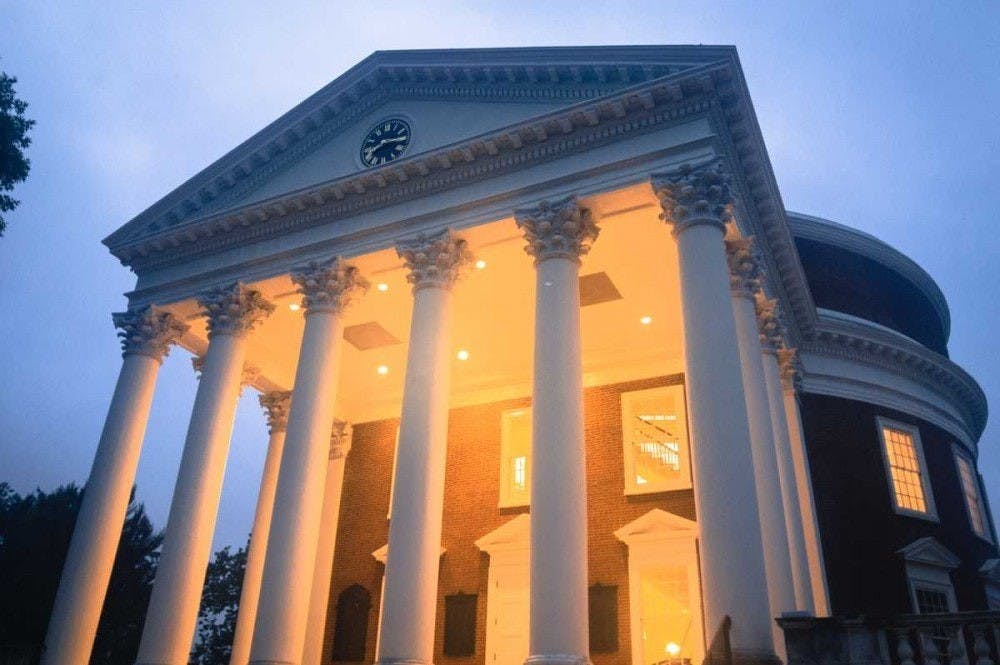People of minority culture and descent face real and continuous issues, at both the University and throughout the United States as a whole. Advocacy groups, especially among students of color, do passionate and admirable work. Contributions from the Latinx Student Alliance, Black Student Alliance and other similar groups at the University greatly improve the student experience and make lasting changes that impact students in meaningful ways. These associations accomplish these feats in large part due to their legitimacy, derived from their widespread renown and effective outreach methods. These factors enable organizations to advocate for a larger group in a way that is honest and useful. Unfortunately, the Asian Leaders Council fails to meet these standards.
The ALC is made up of one representative from each of 13 regular and 2 probationary member organizations that support Asian students, which include the Chinese Student Association, Indian Student Association, Organization of Young Filipino Americans and Thai Student Organization. These cultural organizations generally do not attempt to speak for their members or for their cultures as a whole, and yet still each contributes delegates to the ALC, which does. Members of most cultural associations — such as CSA, KSA and TSA — as contrasted with explicit advocacy alliances like LSA and BSA, do not join said organizations in order to further a specific set of advocacy goals. As a result, participation in the ALC is not based on an informed decision made by an organization’s general membership, but rather apathy, in large part due to the fact that the ALC is an afterthought to members of constituent organizations. There is no expressed popular mandate for the ALC, again as a result of the organization simply being a non-factor in students’ lives. The authority of the ALC is derived not from the people it purports to represent but rather the lack of awareness of its existence.
In fact, the problem of legitimacy is only one of the issues which plague the ALC. It also rarely engages with the Asian, Pacific Islander and Desi American communities. On their Facebook page, the ALC has 328 followers, while the Asian American community at the University is the largest undergraduate minority group on Grounds, totaling 14.56 percent of the undergraduate student body. If the ALC wishes speak for this massive, non-monolithic group, then it must do better in increasing its outreach, engagement and name-recognition among its alleged constituency. In comparison, the BSA and LSA have over 3,400 and 1,300 Facebook followers, and make up 6.68 and 6.42 percent of the undergraduate student body respectively. Additionally, they have regular outreach events to the University community, each helping to establish and reaffirm their continuing levels of legitimacy.
The name, Asian Leaders Council, even, is presumptuous for a group that has such little claim. The member organizations of the ALC are indeed Asian, but the title of Leaders Council is nominal at best, given their lackluster social media outreach it is probable many in the group they claim to lead do not even realize they exist. They issue statements claiming to represent the opinions of all APIDA students, when they have neither contacted nor consulted a broad enough sample to legitimize those statements. Furthermore, in a style similar to the many U.S. Senators until the 17th amendment, representatives from each member organization are largely chosen through undemocratic appointment by club leadership, either an indicator of an unwillingness to represent individuals or a testament to the irrelevance of the ALC. This is likely because the ALC lays out no guidelines on representative selection, presumably to allow for each organization to select members in a way deemed appropriate by officers. However, this often descends into disorganized and often silent appointments. This may be in part due to the lack of engagement by Asian American students as individuals at the University. Still, this does not excuse the ALC’s decision to claim a role it can not fill.
If the ALC wishes to achieve a consensus among constituents and do the job it intends to do, it must engage in significant reform. The ALC should strengthen its constitution. It needs to stop releasing statements in the name of APIDA students without listening to more opinions from that group first. It ought to delineate a process by which they represent not organizations, but individuals and establish a standard election-by-majority process for its delegates. Most of all, the Asian Leaders Council must become just that, and find representatives who can truly be leaders of the Asian community, not just the vocal minority that currently composes the organization. This can be done by expanding its attempts at engaging the wider APIDA community, and focusing internally to foster a group dialogue before attempting to present a face that does not yet exist. If it does so, then the ALC will become the meaningful and effective body that it seeks to be.
Bilge Batsukh is a Viewpoint Writer for The Cavalier Daily. He can be reached at opinion@cavalierdaily.com.





